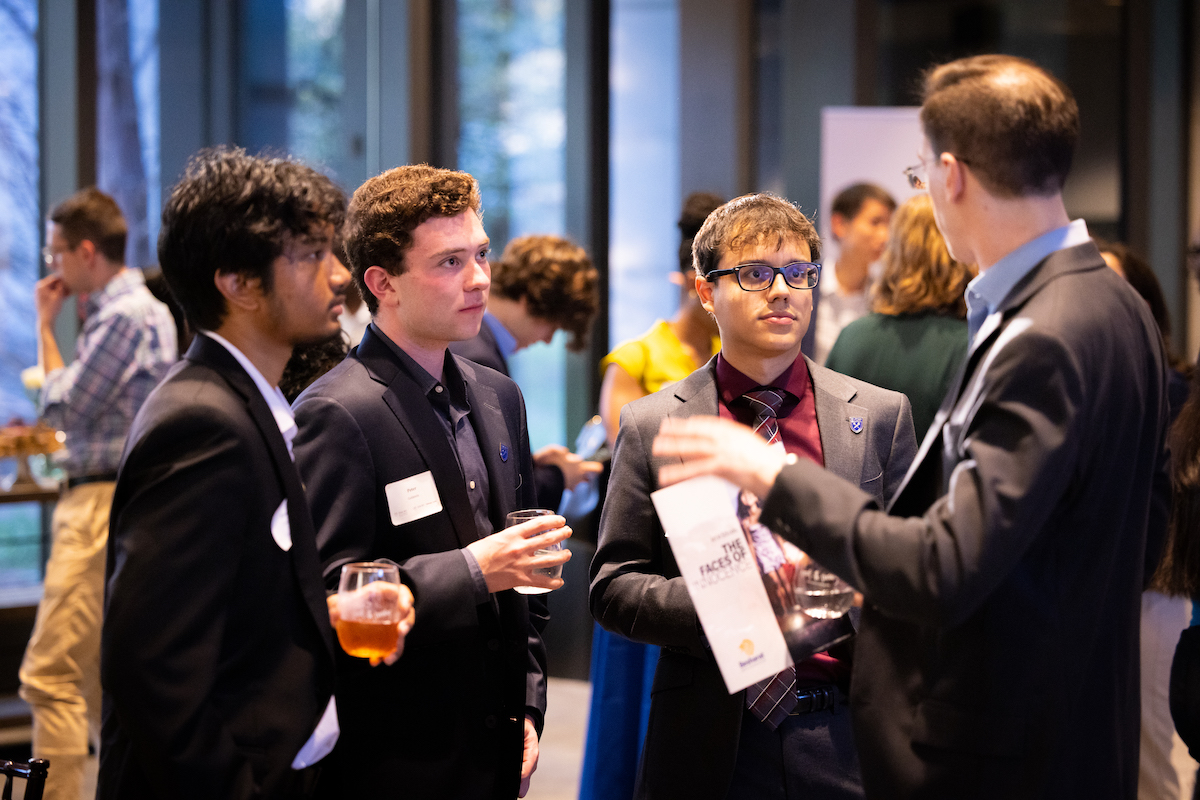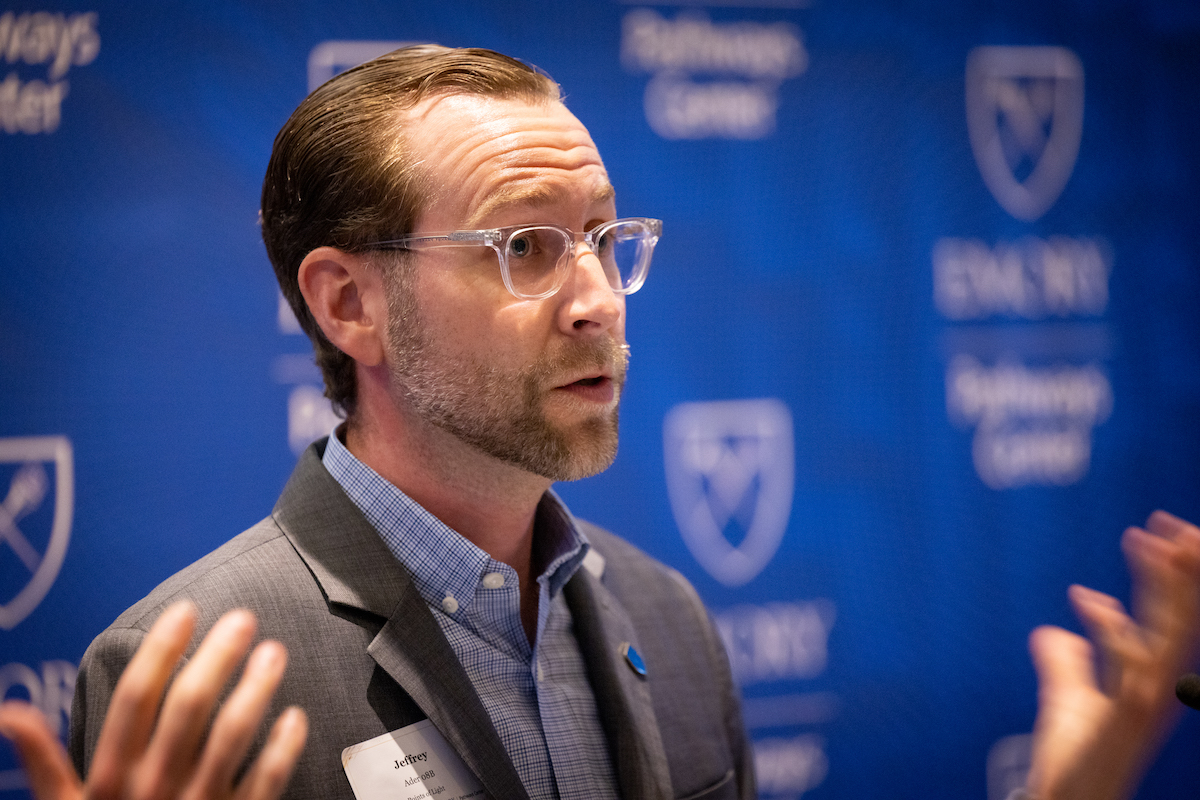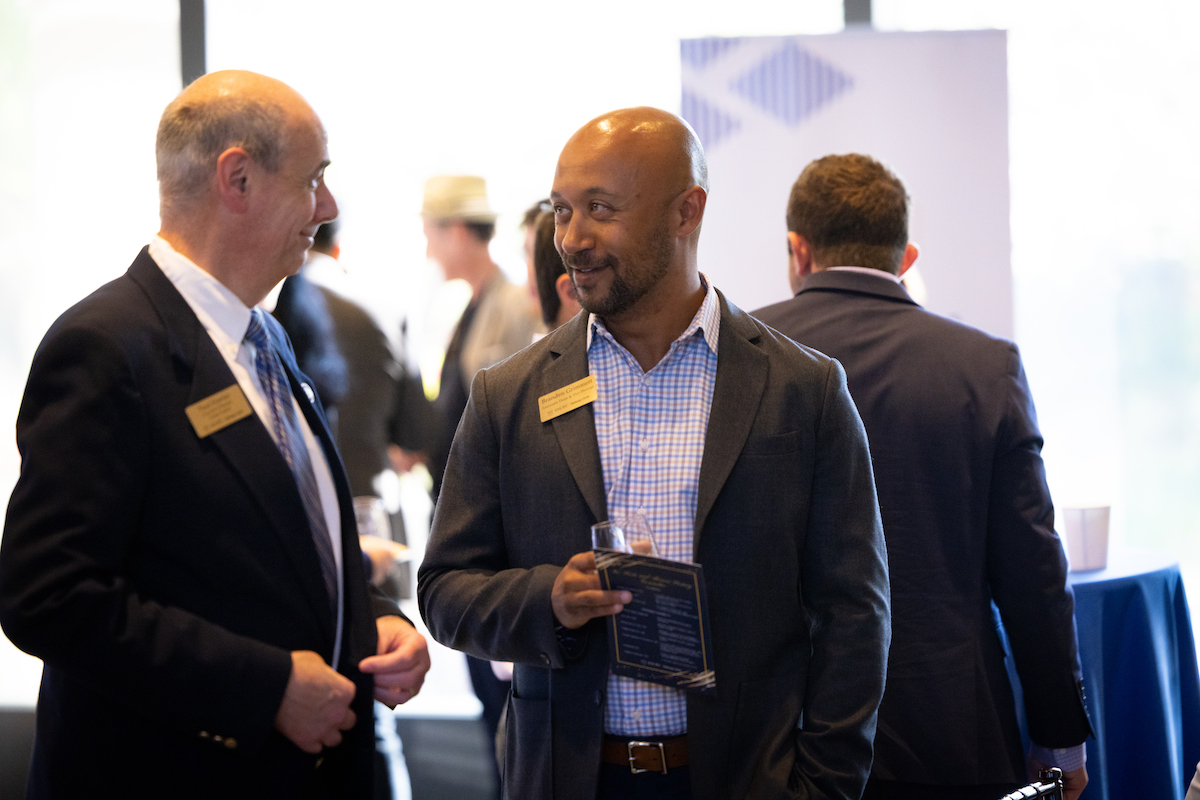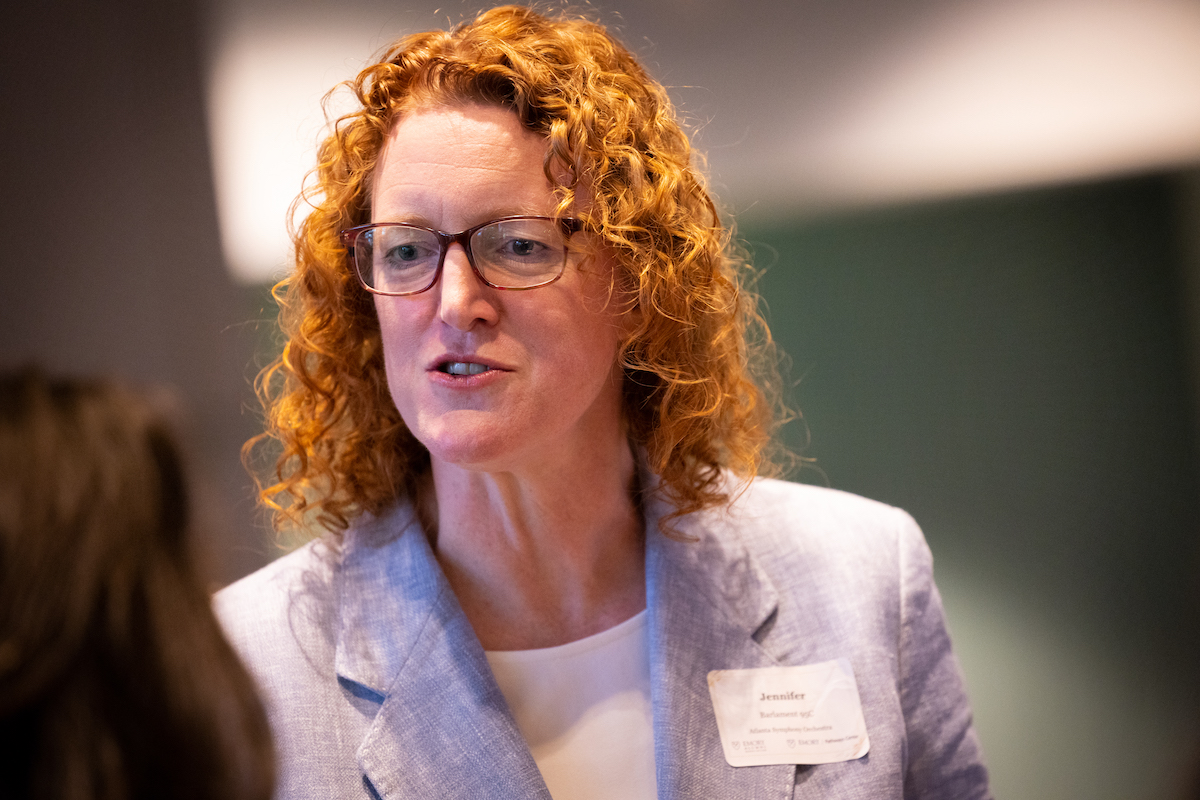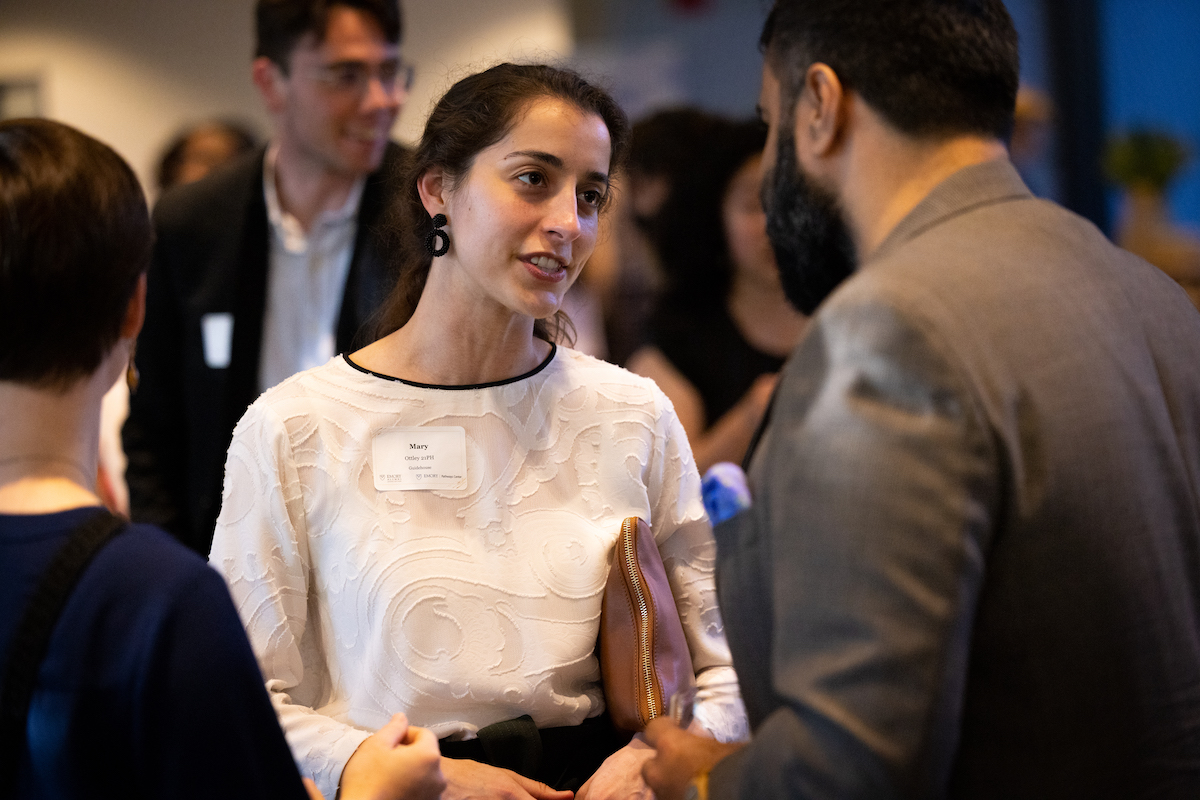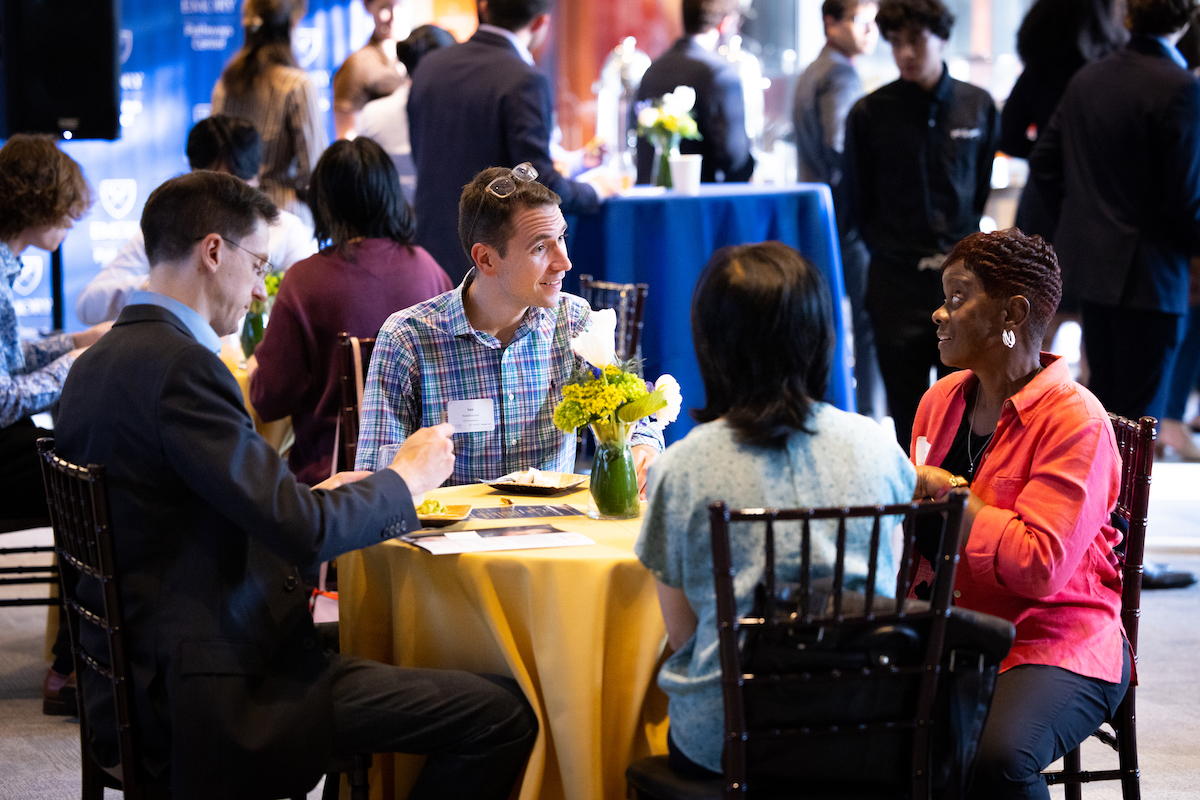“The Emory liberal arts experience is golden to employers,” says Paul Fowler, executive director of the Emory Career Center, now part of Emory’s new Pathways Center.
The data backing up Fowler’s assertion speaks to the enduring strength of Emory College of Arts and Sciences in preparing its graduates: in 2022, just over 95% of students seeking either employment or continuing education had accepted a position or admission offer within six months of graduating. (For Emory’s Carnegie Classification peers, that figure was 9 points lower at 86%.)
According to Career Center data, salaries ticked up 6% over 2021, with graduates earning an average of $69,200 and a median of $65,000. When the data are in for 2023, salaries for graduating seniors are expected to rise again, according to the National Association of Colleges and Employers (NACE).
Emory College graduates, no matter what aspect of the liberal arts and sciences they pursued, will have honed skills in critical thinking, problem solving, analysis, communication, teamwork and leadership. And that expertise accrues not solely because of a superior classroom experience. It also arises out of students’ co-curricular pursuits, intern/externships and volunteer service — in short, their lived experience.
“The liberal arts skills Emory students learn in the classroom are critical for their own personal and academic development, but they are also invaluable to employers. The sum of students’ four-year journey allows all Emory College students to thrive across any field of their choosing,” says Branden Grimmett, Emory College associate dean and vice provost of career and professional development.
Grimmett leads the Pathways Center, which launched in fall 2022 and is committed to helping undergraduates in Emory College, Oxford College and Goizueta Business School, as well as alumni, reach their full potential through integrated career services, undergraduate research, national scholarships and fellowships, pre-health advising and experiential learning.
“The Career Center is a critical component of the Pathways Center, whose practitioners help students build the confidence, clarity and connections they need to successfully transition to life after college. That transition doesn’t happen overnight — students who have the smoothest transition to full-time employment are working with Career Center coaches during each of their eight semesters at Emory, beginning in their first year,” notes Grimmett.
All students are encouraged to visit the Career Center early and often, attend alumni panels offered in collaboration with academic departments and utilize Pathways Center resources and funding to hone their post-college plans, Grimmett adds.
Beyond the encouraging job-placement numbers come equally encouraging words from employers.
According to Fowler, “Employers hire our students with the trust that they have the capacity to be successful.” That does not mean students should expect to demonstrate every skill the job requires on the first day. Rather, “Employers are hiring Emory talent because of their ability to embrace the requirements of the role and soon thereafter utilize their liberal arts competencies to excel in the position.”
Lauren Kent-Delany, director of educational programs at The Carter Center, regularly hires both current students and alumni and describes the main advantage of an Emory education this way: “Emory students gain knowledge through a broad-based liberal arts education and are in the classroom with students and faculty from all over the world. This exposure provides students with a substantive learning experience that enhances their candidacy when they apply for intern and staff positions at The Carter Center.”
For recent graduates, one job title has popped up frequently, across every major: “analyst.” Fowler concludes that, no matter the differences in job duties by industry, these positions “call for the very skills that emerge from a liberal arts education.”
The pandemic’s legacy
The pandemic affected students’ job paths and aspirations at every level. In 2020, given its drag on the economy, there was a shift away from Emory’s trendline of the past 15 years, with more students taking a gap year or entering graduate school to defer finding employment.
In 2021 and again in 2022, the pendulum began to swing back. In 2022, 66% of students entered the workforce and 29% enrolled in graduate or professional school. The employment figures “are not necessarily the norm at a liberal arts research university. Our students’ employment success is noteworthy,” says Fowler.
A greater focus on human health emerged from the pandemic, with employers demonstrating interest in graduates who double-majored by combining the hard sciences — biology, chemistry, neuroscience and behavioral biology — with quantitative majors.
Most industries now have reemerged from the pandemic, even tech. Despite the media’s gloomy assessments of employment in this field, it is the jobs at the mid- and upper level that have been most affected.
“For our students,” says Fowler, “there appears to be insulation at the new-hire level. Employers recognize that recent graduates entering this industry bring with them the latest knowledge about, and exposure to, technological tools.”
Career Center resources are especially important for humanities, social science and arts students, according to Grimmett.
“They are just as employable as STEM students, but sometimes the skills and experiences needed to compete for jobs require careful translation and articulation, which is why career coaching can be helpful,” Grimmett says. “Coaches have seen thousands of students pass through their offices over the years, and their wisdom in navigating an increasingly daunting job search can help reduce student stress and anxiety about the future.”
Mastering new adaptation skills has been a silver lining of the pandemic. Employers value how students have adjusted to new learning styles and communications modes as well as a changed work/study environment, Fowler says.
Emory College students are split regarding virtual versus in-person work. Fowler indicates, “Some students desire to feed off people and experience the synergy of a bustling workplace. Others seem to thrive with virtual engagement and the ability to choose an environment that reflects their individualism.”
Most jobs that are largely in-person nonetheless allow some flexibility to work remotely. Nationally, about 10% of entry-level jobs and internships are listed as fully remote, with a higher percentage in the tech industry; surveys anticipate that 25% of all jobs will be remote by the end of the year.
Picking a pathway
The positive effects of the Pathways Center are already clearly discernible as students embrace the intentionality they can bring to everything from their first 101 class to internships and from volunteer service to capstone courses.
Through programs such as the New York City Career Trek, the Sophomore Summit, the recent Social Impact Networking Night and internship funding, the Pathways Center aims to make the career and postgraduate discernment process less daunting with more opportunities to connect the knowledge students gain in the classroom with co-curricular experiences and potential career outcomes, including ones they may have never considered, Grimmett says.
“The career discernment process is not a cerebral one — it requires action,” he says, adding that Emory alumni are invaluable in that process by connecting with students and sharing their own experiences.
The Career Center staff welcomes their new home in Emory College and as part of the Pathways Center. According to Fowler, “Our presence in the college reminds students of the symbiotic relationship between their academic and professional pursuits. We want them, with our help, to parlay Emory’s considerable resources and opportunities into identifying and pursuing a successful career.”
Job boards available through the Career Center, such as Handshake and CareerShift, provide students access to tens of thousands of job postings, including internships. The center hosts networking events to bring students insight into the people and practices of their desired field. A recent film-and-media mixer, for example, attracted some 100 students and 60 professionals. Emory alumni are actively contributing, with hundreds of them mentoring students and making connections for them.
Bright futures
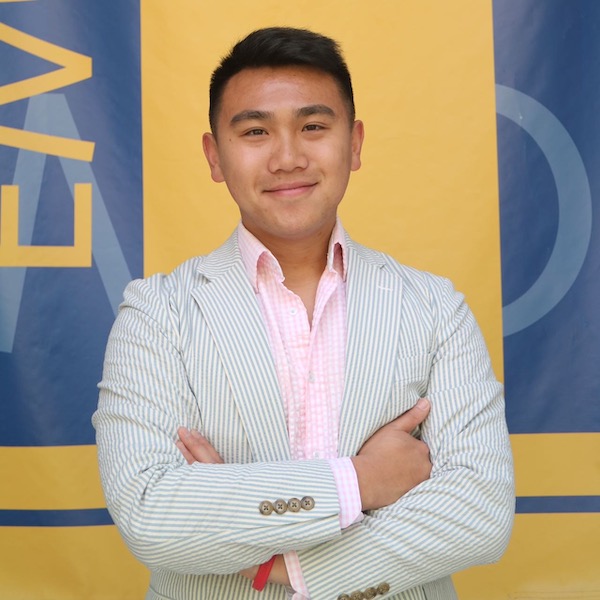
Hongyi Wu, double-major in political science and economics
When the pandemic struck, Wu took off a year and a half, working in China at a prestigious venture-capital firm and then for a startup focused on the food and beverage industry, where he led a team helping the company export their products overseas, primarily to North America.
Wu’s career coach was Marshall Tucker, whom he met with weekly and credits with “giving me so many opportunities and resources.” Wu especially remembers a career event that was to occur on a Friday morning. At Tucker’s invitation, Wu sent his resume to him late Thursday evening for review, and Tucker returned it in time for the event.
“I don’t know that I could have pulled off what I did career-wise without him,” Wu says. “He is so dedicated.”
GEP, a supply-chain management consulting company, found Wu’s combination of work and academic experience compelling, hiring him as an associate for work that he can do based in Atlanta. “My Emory education gives me the ability to analyze big policy changes and movements and also have a granular knowledge to serve this very specific industry,” Wu says.
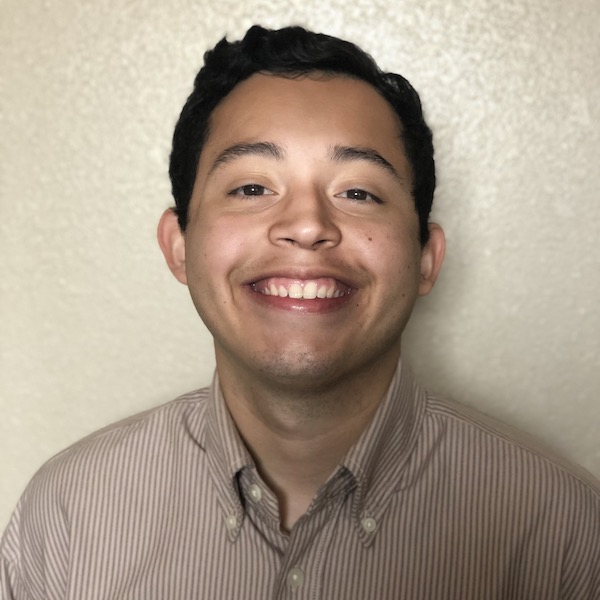
Alejandro Castro, double-major in history and sociology
In his career at Emory, Castro double-majored in history and sociology and expresses admiration “for the professors who advocated for me and wanted me to succeed, to say nothing of the way the curriculum is structured, which gave me the ability to find two areas of study I love.”
He was confident that Emory’s smaller size would benefit him, and he was not wrong. “At larger universities, the one-to-one interactions that aided me would have been much less likely. Here, the relationships with faculty were much more organic.”
Castro learned about the Career Center during orientation and found Carol Riddock, the Career Center’s director of pre-law advising, “kind and helpful. She was genuinely invested in me, always open to having meetings and presenting me with more options for my career beyond Emory.”
That career will start at Harvard Law School this fall, where Castro wants to explore possibilities in employment law, criminal law, immigration law and public interest law before settling on a specialty. Though he is open to what he will learn, immigration law might win the day. Growing up where he did, so close to the Mexican border, helped him understand “the challenges of those without legal status and ways that the law can seem so arbitrary.”
Trinity Tunstall, English major and Madeleine Brown Dean’s Achievement Scholarship fellow
At Emory, Tunstall earned the Madeleine Brown Dean’s Achievement Scholarship and is writing an English honors thesis on Black women’s sexual subjectivity. She has demonstrated extensive leadership with Volunteer Emory, worked as a peer mentor for Emory’s Ethics and Servant Leadership Forum and served as managing print editor of the student-run magazine Black Star.
Tunstall also has served as a leadership fellow with the Career Center for the past two years. There, she staffed the front desk, held drop-in hours to answer student questions, conducted resume- and cover-letter review, gave presentations on career-related topics and helped host employer events. The Career Center was also her conduit to the Wesleyan School.
Originally on a pre-law track, Tunstall is grateful that her combined experiences helped identify a path truer to her skills and passions. “The liberal arts curriculum here gave me the flexibility I needed; it felt safe to really explore my options,” Tunstall says.
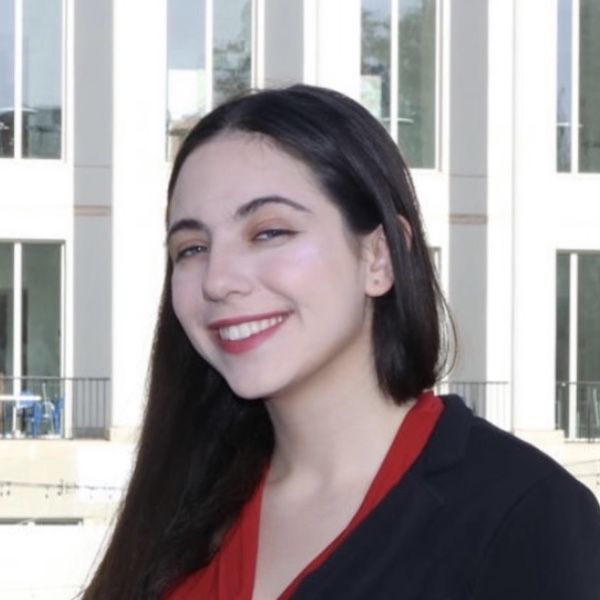
Rebecca Schwartz, double-major in economics and sociology
In her time here, she has earned the Henry L. Bowden Dean’s Achievement Scholarship, helped established a fund for Emory’s DACA and undocumented students, and founded a pre-law fraternity. She currently works as a rule-of-law intern at The Carter Center.
Through the Career Center, Schwartz had the opportunity, two years ago, to work with the Every Voice Coalition, which advocates for sexual-assault-prevention legislation for college students.
As the first member of her family headed to law school, Schwartz also is grateful to Riddock. “Carol had my back every step of the way in helping me navigate taking the LSAT and giving me the confidence to start the Emory Journal of Law and Society,” she says.
Schwartz now offers pro-bono LSAT tutoring to Emory students. This summer, Schwartz will have a paid internship at the Bernard Koteen Office of Public Interest Advising, which is part of Harvard University, and she plans a gap year, possibly on a Fulbright, following graduation.
Tyler Menker, film and media management concentration
“This internship directly links to my future career goals; as someone hoping to enter the field of postproduction, designing creative content for NBC Universal in this role will prepare me for what’s to come. This opportunity could not have been possible without support from the Career Center,” Menker acknowledges.
Future graduates: Put the Career Center to work for you
The outlook for 2023 graduates is quite favorable. According to NACE, employers plan to hire 14.7% more 2023 graduates compared to the class of 2022.
For those competing for jobs, it is a new day. Evolving dress codes for work aside, the very concept of professionalism has changed. No longer are candidates brought into the dreaded (and sterile) interview suite and grilled. Now, many interviews take place by Zoom, and Fowler advises Emory students to create an on-camera environment that allows them to express “your true self without fear that you will somehow be less than professional.” Amid the barrage of interview questions, only two are ultimately being asked, says Fowler: Can you do the job and will you do the job (with zest)?
“During the past 12 years, I’ve observed that the Emory experience appears to encourage a natural humility among our students. Although this is a highly desirable trait, it can lead to some students downplaying what they bring to the table,” Fowler says. “I consistently encourage students to recognize the wealth of talent they can bring to a prospective employer and to articulate their worth with authority and clarity.”
The Career Center is available to students year-round. Current students are welcome to see the outcomes of alumni and make an appointment.

